Venezuela’s Nicolás Maduro carried out a controversial referendum on whether more than two-thirds of Guyanese territory is Venezuelan land this Sunday, challenging the international community and making a mockery of the Biden’s administrations rapprochement. The results for the referendum are in, with all of the propositions receiving more than 95 percent approval, according to the country’s electoral council.
To illustrate the specificity of the propositions, the fifth one, for example, states: “Do you agree with the creation of the Guayana Esequiba state and the development of an accelerated plan for the comprehensive care of the current and future population of that territory, which includes, among others, the granting of citizenship and Venezuelan identity card in accordance with the Geneva Agreement and International Law, consequently incorporating said state on the map of Venezuelan territory?”
For months now, Guyana, a country the size of Idaho which emerged as a giant in terms of oil reserves in the last decade, has been warning about the equally huge potential for conflict with its neighbor. At the International Court of Justice, Guyanese representative Carl Greenidge denounced the then-upcoming referendum: “It is not an exaggeration to describe the current threat to Guyana as existential and the need for provisional measures as urgent.”
With a mandate now on his hands, it remains unknown what exactly Maduro’s next step will be. The possibility of an invasion, though, should not be discarded. After all, from Argentina’s attempt to claim the Falkland Islands from Britain in the 1980s to Ecuador’s fight over Peruvian-controlled lands in the Cenepa War (the most recent regional military conflict), precedent exists. In both those cases, the conflict was initiated by countries with less military power than their opponents. The Guyanese Defense Force has less than 5,000 active personnel, less than twenty-five times that of Venezuela’s; no wonder Maduro spots an opportunity.
The dispute over Esequibo dates back to the Colonial Era — and although the Venezuelan diplomatic offensive to retake it took the backseat under the presidency of Hugo Chávez, the present motivations to annex are lucid.
First, of course, there is oil. Venezuela has the largest reserves in the planet and ExxonMobil’s multibillion-dollar investments in Guyana threaten Maduro’s regional hold over this sector. A military incursion would result in repopulating the area with Venezuelans in exchange for more condemnations from Washington and Brussels. That is a low price to pay for the Venezuelan regime.
Another factor in the calculus is President Biden’s temporary removal of sanctions, which stipulated that Venezuela would have to behave democratically to keep the penalties off.
The referendum allows for Maduro to boast of Venezuelan democracy, even when the country’s opposition presidential candidate remains barred from holding public office. This alone grants Maduro at least some leverage at the negotiating table. Bolder than this, though, is what could be conceived as Maduro’s introduction of a threat to the US, purposefully complicating talks regarding sanction relief.
As the massive investments by an American oil behemoth in Guyana are increasingly threatened, Maduro sees an opening. He is testing the US, trying to determine if it is willing to defend the tiny nation in a time where global affairs descend into chaos. He is also interested to see if in avoiding conflict, the US is willing to acquiesce elsewhere.
In a way, Maduro has taken advantage of the Biden administration’s good faith démarche. Venezuela remains close with Iran — perhaps it has learned a negotiating trick or two from its friend.



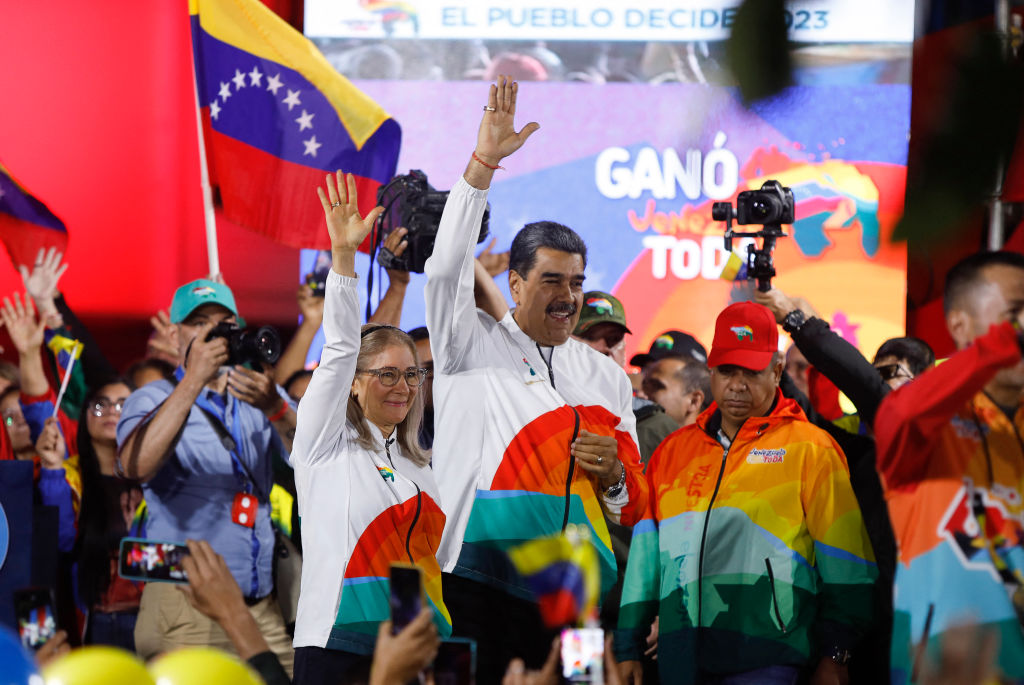









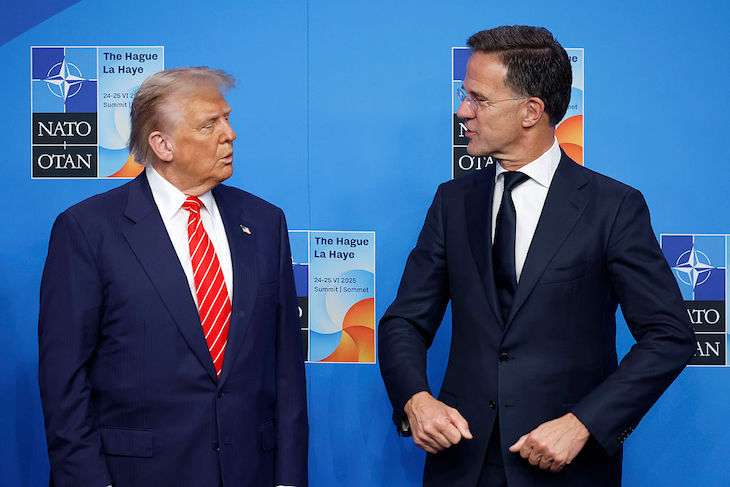
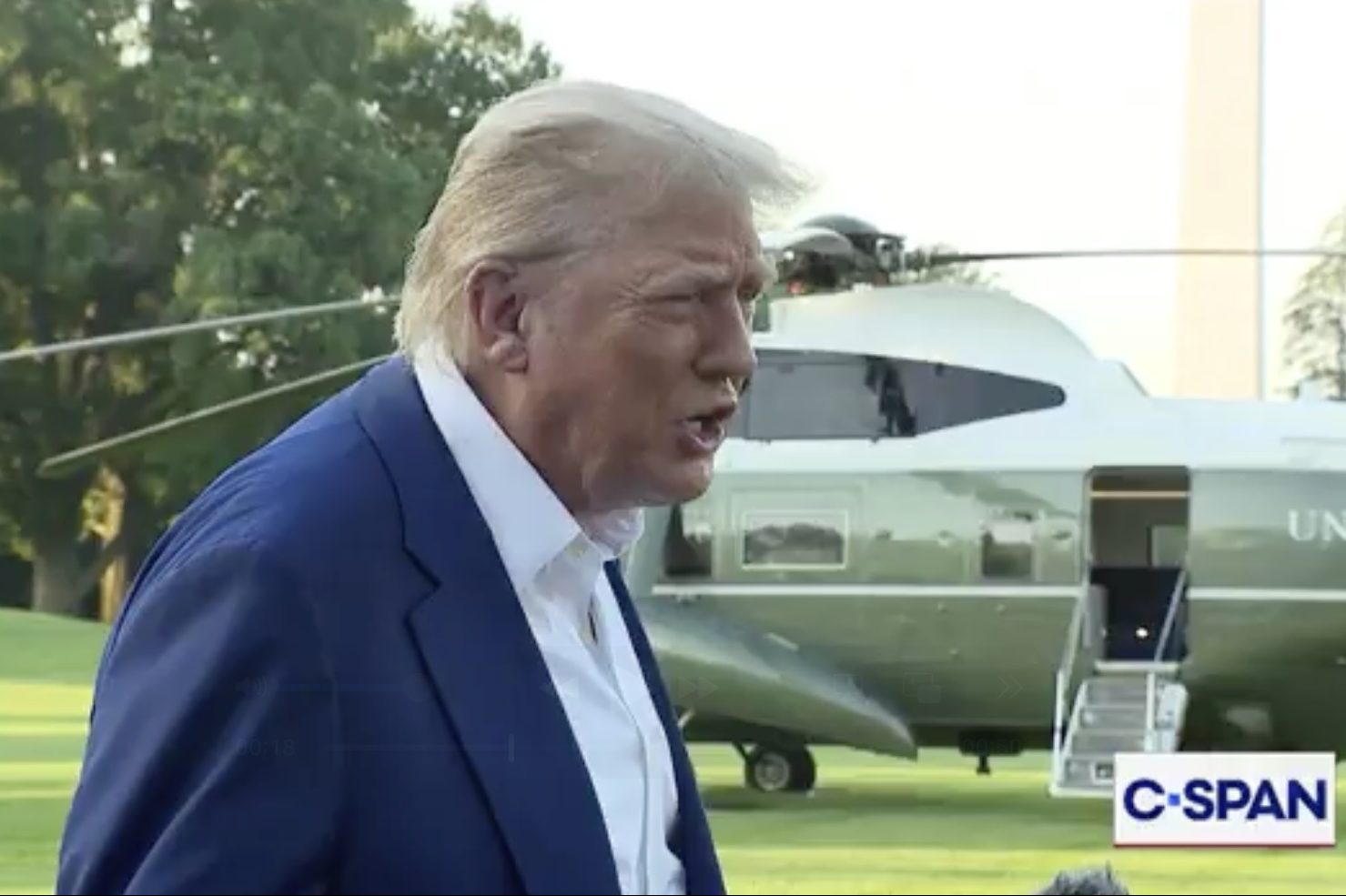
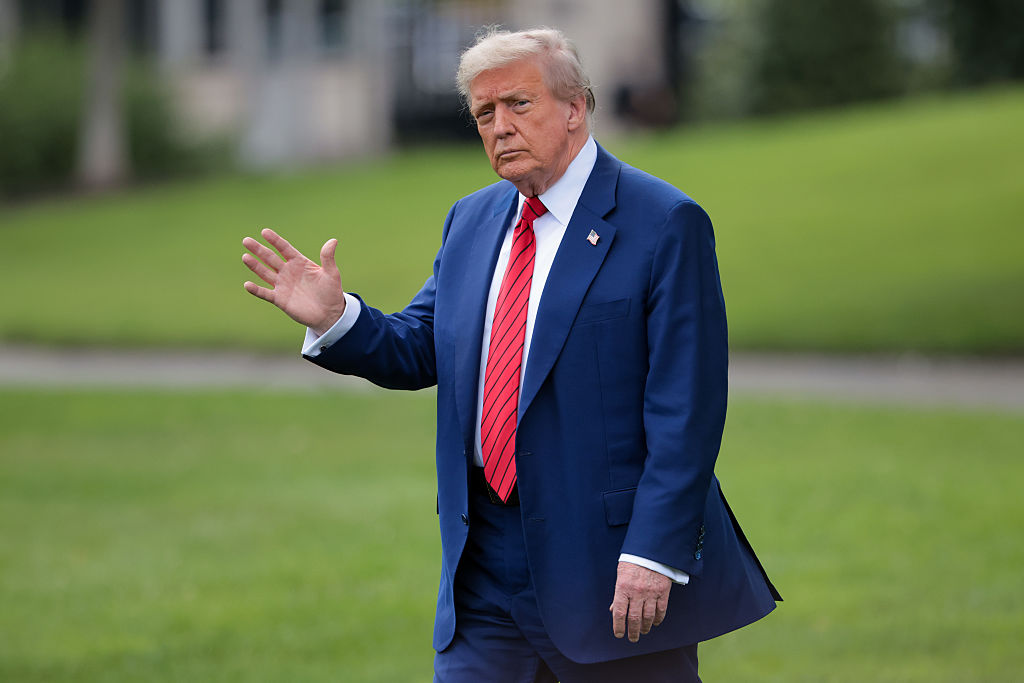
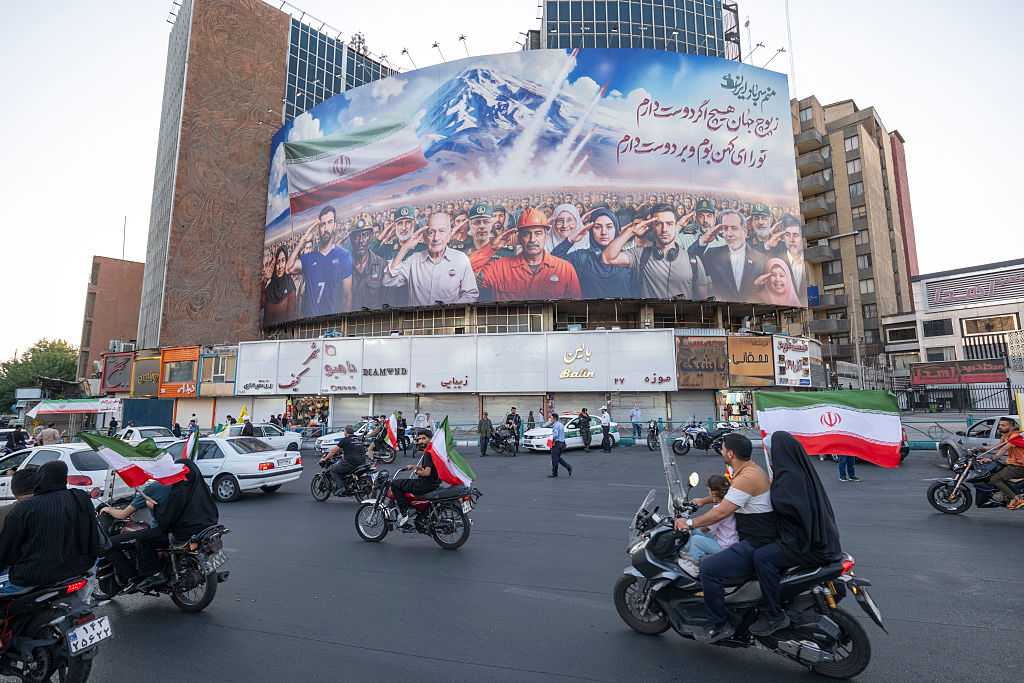
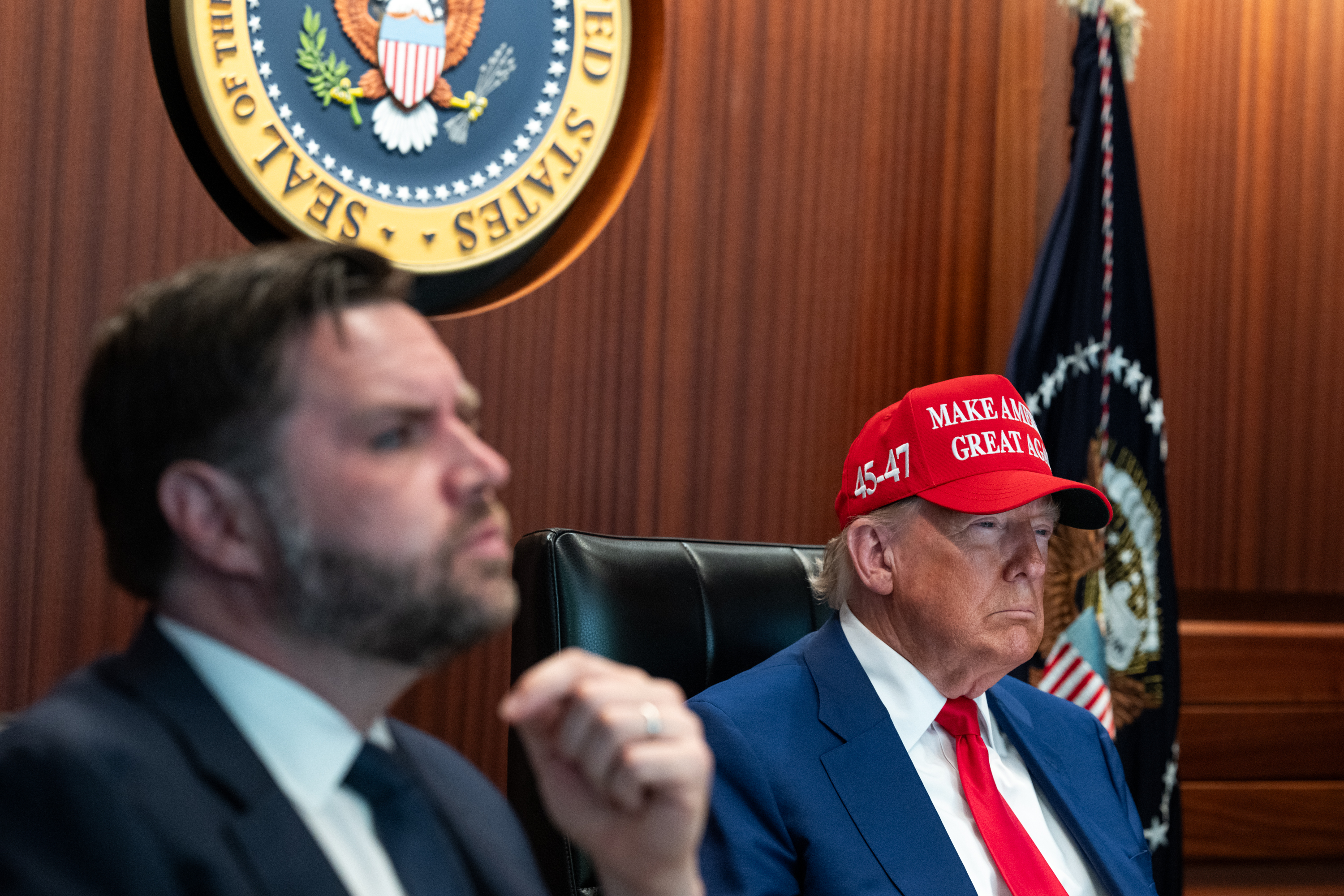
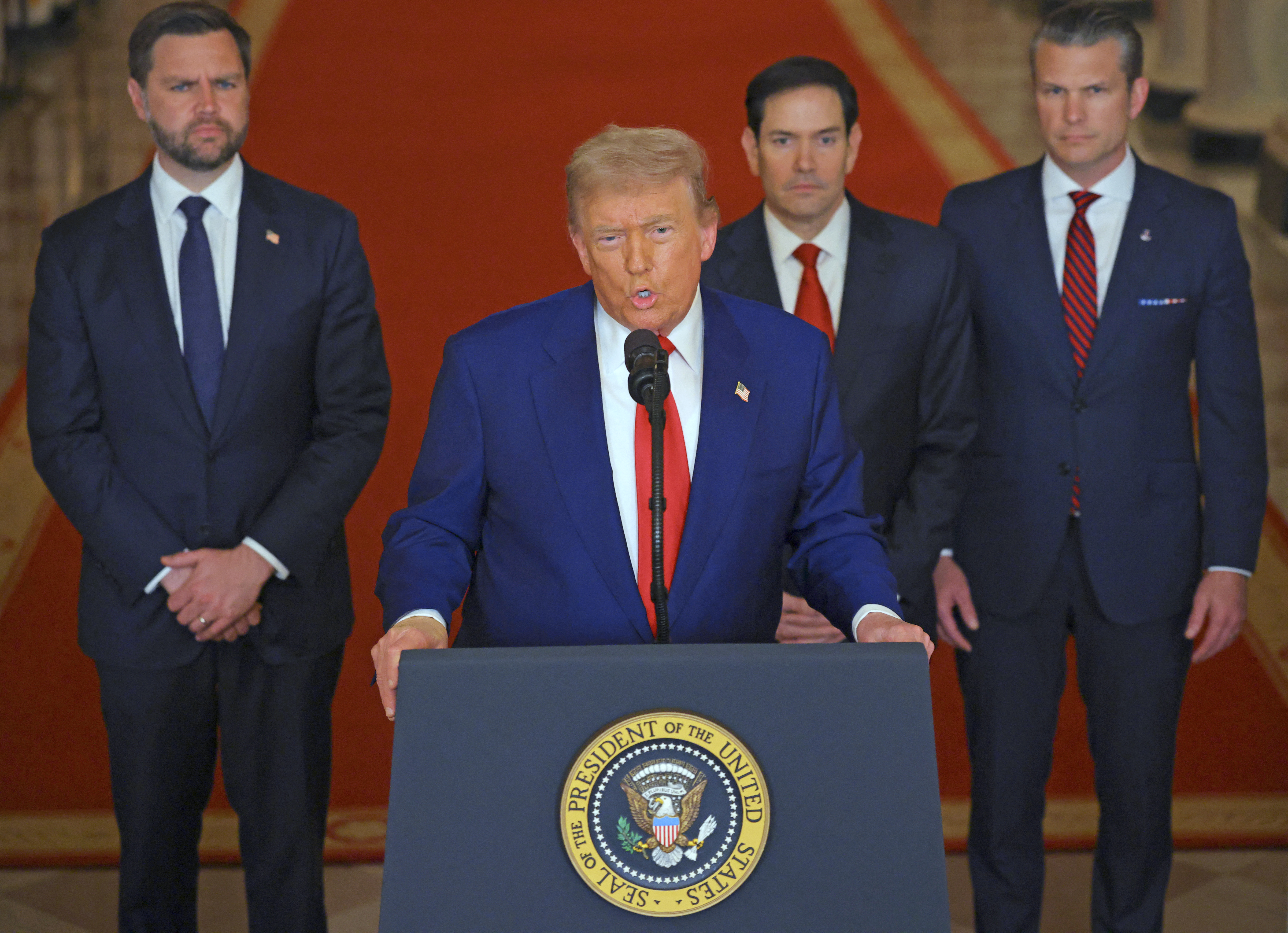







Leave a Reply